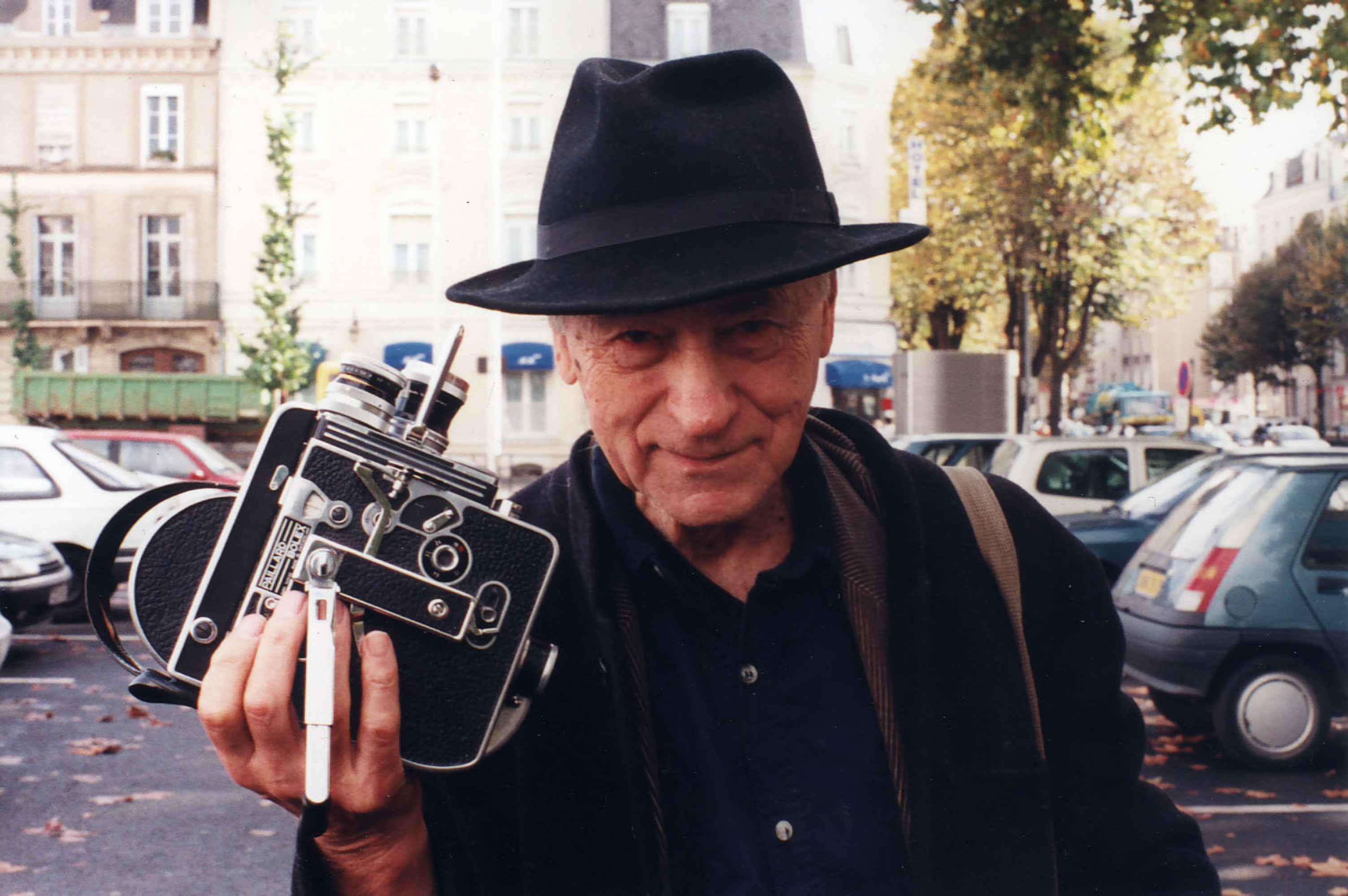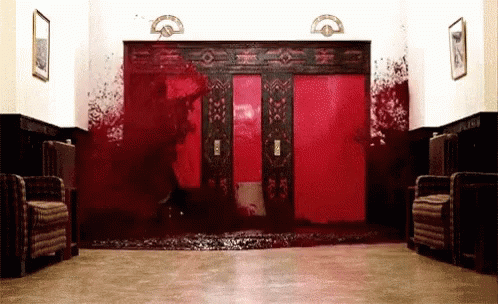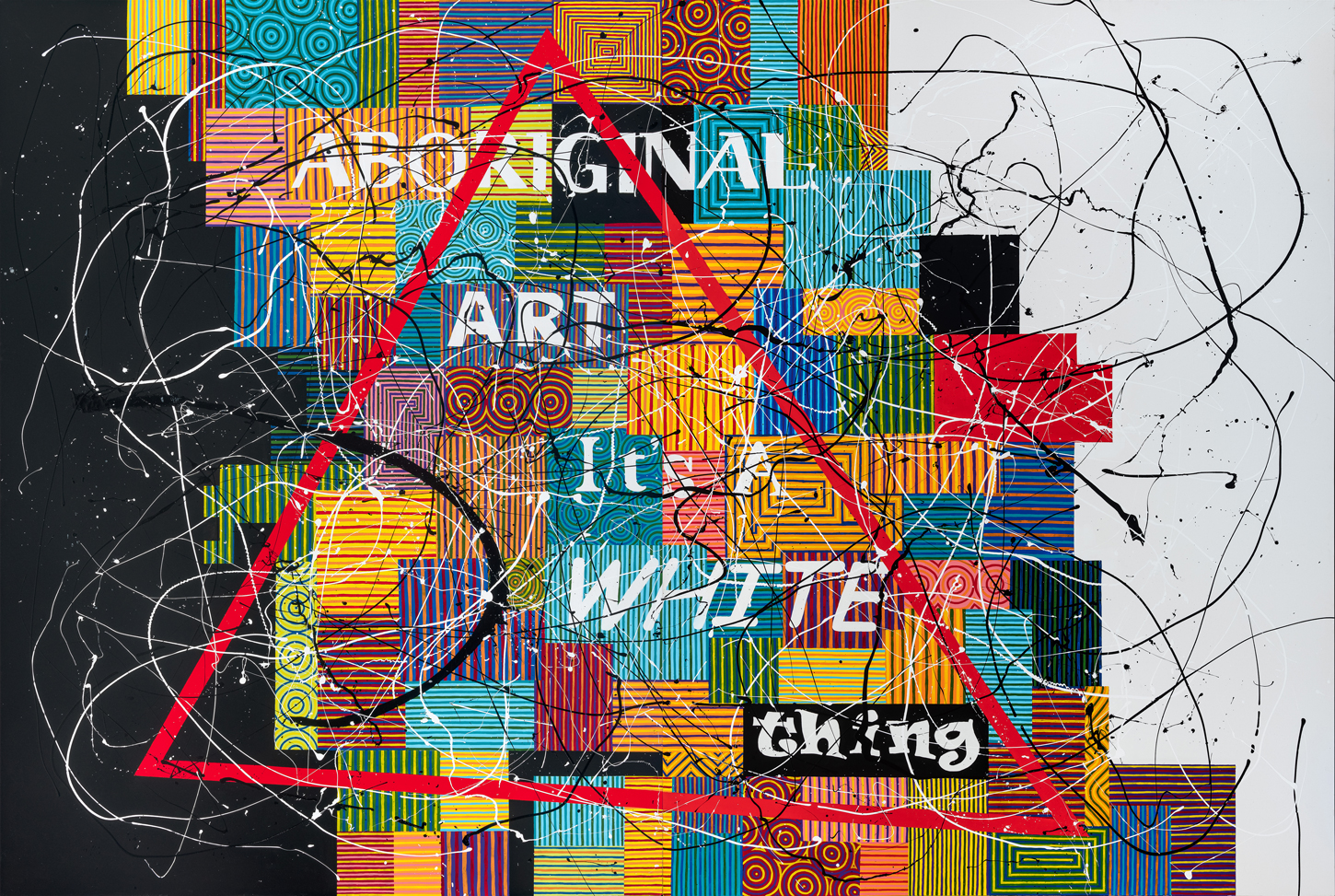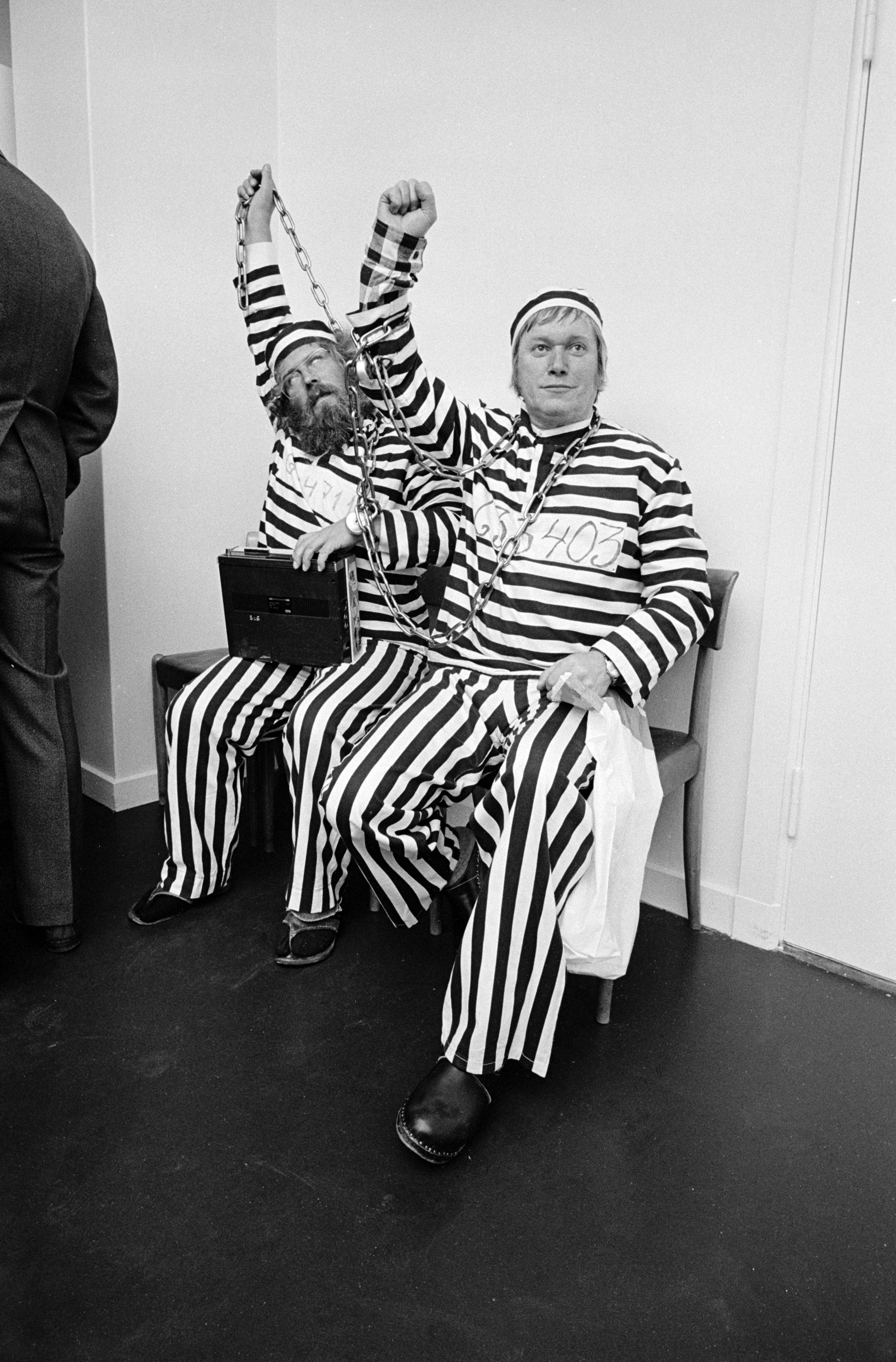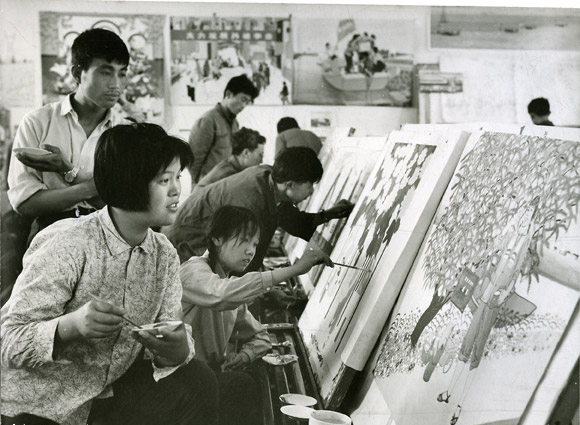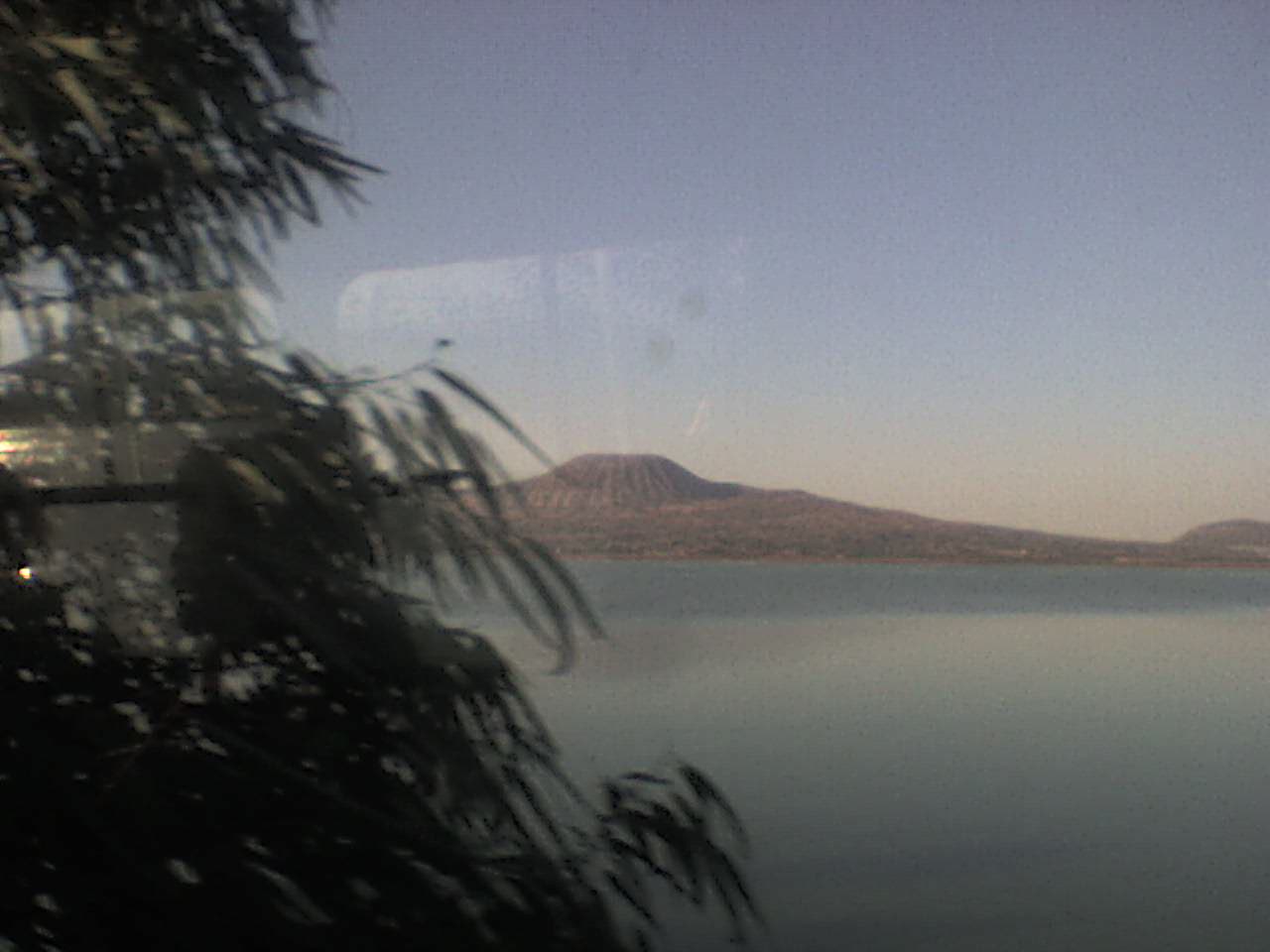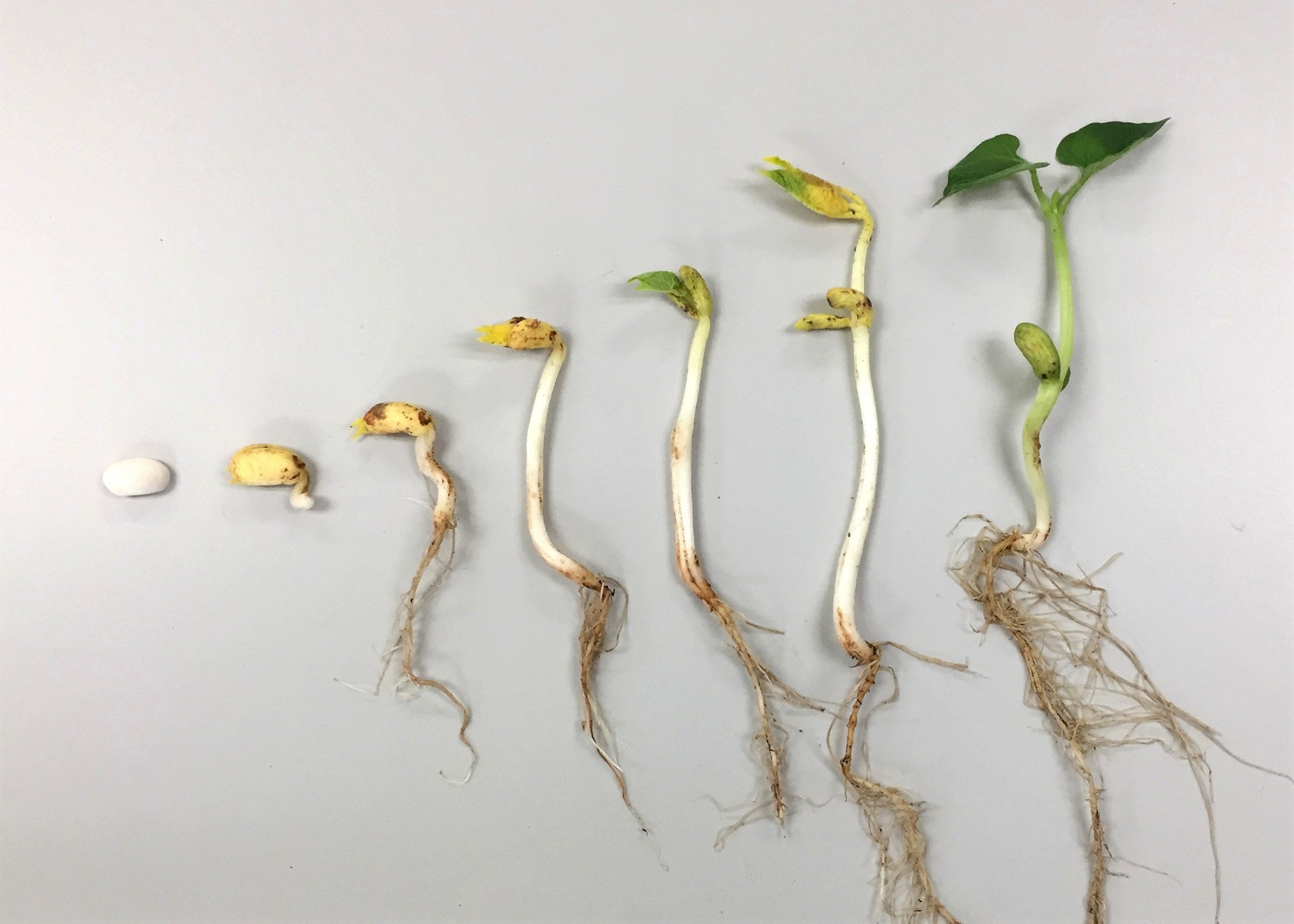Many in the art world are observing the centennial of the Lithuanian-born poet and filmmaker Jonas Mekas (1922–2019), a founder and icon of avant-garde cinema. Cultural programs, exhibits, and conferences are marking the occasion. But not everyone is celebrating.
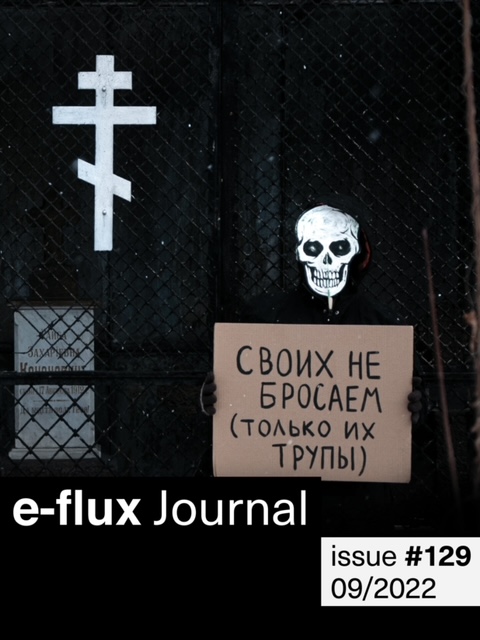
The Party of the Dead, public action, St. Petersburg, 2022 (We Don’t Leave Our People Behind, Only Their Corpses)
In this issue of e-flux journal, Carolina Caycedo explains that so many climate activists in South America are murdered by the state that their friends and families have coined a new term for this loss: the dead aren’t killed so much as they are “sown,” like seeds. Their legacies are a source of abundant energy and knowledge to be used in continuing struggles against the collusion of extractive corporations and necropolitical states.
In the current climate crisis, the brilliant sun promises to purify the contaminated horizon of pure possibility. Its sheer radiant incomprehensible power aligns with the dream of pure profit based on the bounty of wasted matter—the singular manifestation of settler-capital disavowal. What scorches us will be what cools us.
Europeans love nothing better than to indigenize their racist humanism when they themselves are in crisis—it is one of their most dearly loved moves. While the Western world has now fully penetrated the globe with their model of universal competition, the political economy they’ve violently assigned our communities cannot address the situation that any of us now face together. There is no more planet or time left.
The rise of neo-Nashism serves as a peculiar, stinky example of a much broader, even global form of flesh-indulging fascism that circles around the historical avant-garde’s rotting corpse.
Although recognition of the artist as a creative individual is important, refusing to investigate the multidimensional nature of relationships and cultural interactions between the system and the people is tantamount to failing to attend to the pulse of history. Such practices can only result in an alienated past becoming an imaginative resource decoupled from history and present alike.
Onésimo believed that, when a future social crisis came to pass, people would have to make use of traditional knowledge in order to produce food in any available space: vacant lots, terraces, patios, fields. But when that time came, it was entirely possible that people would have already forgotten how to work and relate to the land.
La siembra, or “the sowing,” is an expression used by communities in Latin America when one of their members, leaders, or elders is killed for their activism in defense of territory, water, or life. The murder of an activist sows a legacy, because the person who is buried—planted, in a manner of speaking—becomes a seed for the ongoing political and organizational processes of the community. The person who is sown is part of a resistance that takes place on all levels of life, including on the level of language.
